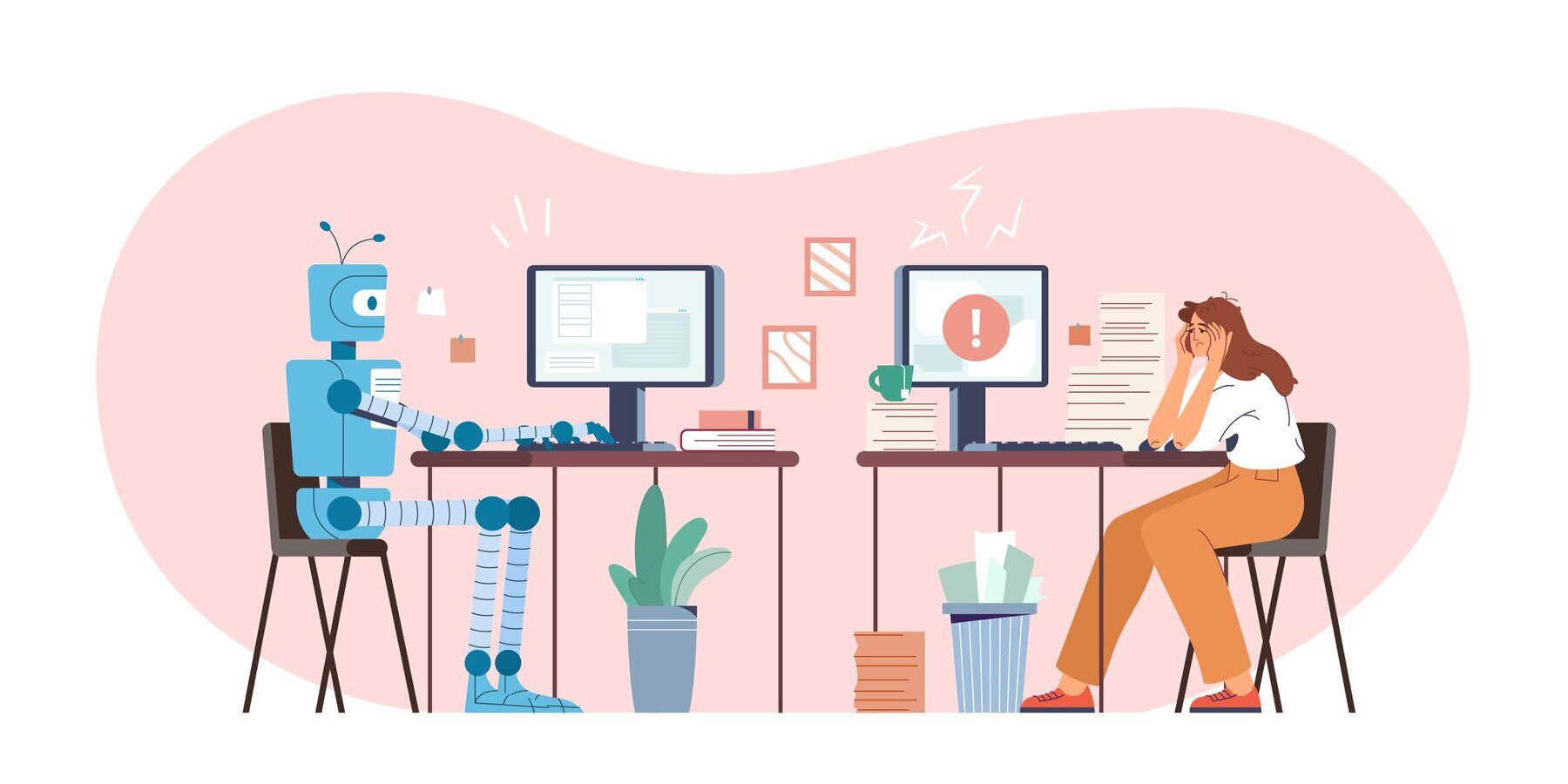The effects of generative artificial intelligence on working time
A recent study by the Boston Consulting Group (BCG) brought to the fore how generative artificial intelligence is influencing employee productivity in the workplace. The study, conducted on a sample of 13,000 executives, managers and employees in 15 countries, revealed some significant findings.
Saving time through generative artificial intelligence
According to the results of the study, 58% of employees benefit from a saving of five hours of work per week due to the use of generative artificial intelligence. This underscores the significant impact of this technology on workplace efficiency and productivity.
Data shows that 43% of employees regularly use generative AI, a significant increase from 20% in 2023. This rapid growth suggests wider adoption of the technology as more employees discover its benefits .
Ways to capitalize on the time saved
Employees reported various ways to capitalize on the time saved by using AI:
41% of them multitask.
39% focus on new tasks.
39% experiment with new technologies.
38% dedicate themselves to more important projects.
These percentages reflect the diversity of how employees choose to optimize their time and improve their productivity.
The study also revealed significant regional differences in the perception of AI. Respondents from southern countries such as Brazil, India, Nigeria, South Africa and the Middle East were found to be more optimistic and less concerned about the impact of artificial intelligence compared to those from northern countries. This optimism can be attributed to the different economic and social contexts in these regions.
Generative AI brings significant benefits in terms of saving time and increasing productivity in the workplace. However, as technology continues to evolve, it is crucial to also address concerns about the future of jobs and ensure that the workforce is properly adapted to new technological realities.




Comments